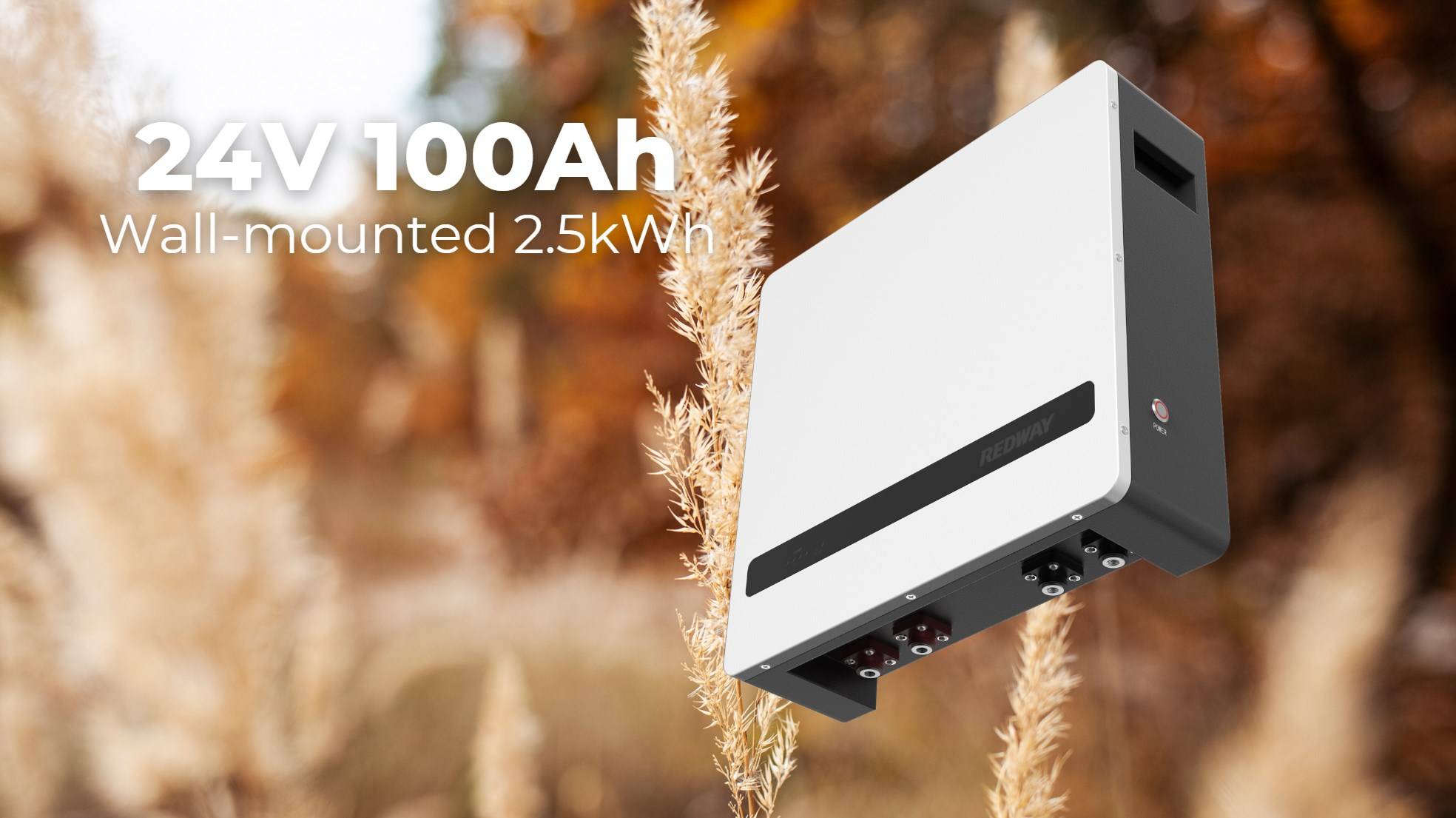In the realm of sustainable energy solutions, solar battery systems stand out as a transformative technology that enhances the efficiency and reliability of residential solar power setups. As we advance into an era of increasing energy demands and environmental awareness, selecting the best solar battery system for your home has become a critical decision. This guide aims to provide comprehensive insights into the essential factors to consider, ensuring you make an informed choice that aligns with your energy needs and budget.
Understanding Solar Battery Systems
Solar battery systems store excess energy generated by your solar panels for use when sunlight is unavailable. They are integral to maximizing the efficiency of solar power systems, providing energy security, and reducing dependency on the grid.
Types of Solar Batteries
- Lithium-Ion Batteries
- Advantages: Higher energy density, longer lifespan, and more compact design.
- Disadvantages: Higher upfront cost compared to other types.
- Lead-Acid Batteries
- Advantages: Lower initial cost and proven technology.
- Disadvantages: Shorter lifespan and larger size, with lower efficiency.
- Saltwater Batteries
- Advantages: Environmentally friendly and safe.
- Disadvantages: Less established technology and can be bulky.
Key Factors to Consider When Choosing a Solar Battery System
- Battery Capacity and Storage
- Capacity: Measured in kilowatt-hours (kWh), this indicates how much energy the battery can store. The larger the capacity, the more energy you can store for use during non-sunny periods.
- Depth of Discharge (DoD): The percentage of the battery’s capacity that can be used before needing a recharge. A higher DoD means more usable energy.
- Power Rating
- Continuous Power Output: This is the amount of power the battery can supply continuously. It should match your household’s energy needs to avoid any interruptions.
- Peak Power Rating: The maximum power the battery can supply for short periods. This is important for running high-power appliances.
- Efficiency
- Round-Trip Efficiency: The ratio of the energy stored in the battery to the energy used from it. Higher efficiency means less energy is lost in the storage and retrieval process.
- Battery Life and Warranty
- Cycle Life: The number of charge and discharge cycles the battery can handle before its capacity drops significantly. A higher cycle life indicates a longer-lasting battery.
- Warranty: Check the warranty period and what it covers. A longer warranty often signifies better quality and manufacturer confidence.
- Cost and Incentives
- Initial Cost: Consider the upfront cost of the battery system and its installation.
- Incentives and Rebates: Explore available government incentives or rebates that can reduce the overall cost.
- Brand and Manufacturer Reputation
- Reputation: Research the brands and manufacturers of the batteries. Established brands with positive reviews are likely to offer reliable and high-quality products.
- Customer Service: Good customer support can make a significant difference in addressing any issues or questions that arise.
- Installation and Maintenance
- Professional Installation: Ensure the system is installed by a certified professional to maximize performance and safety.
- Maintenance Requirements: Some batteries require more maintenance than others. Understanding these requirements can help in managing long-term costs.
Top Solar Battery Systems for Residential Use
Tesla Powerwall
- Capacity: 13.5 kWh
- Power Output: 5 kW continuous, 7 kW peak
- Efficiency: 90% round-trip
- Warranty: 10 years
- Features: Sleek design, integrated inverter, and advanced software for monitoring and control.
LG Chem RESU
- Capacity: 6.5 kWh or 9.8 kWh
- Power Output: 5 kW continuous
- Efficiency: 90% round-trip
- Warranty: 10 years
- Features: Compact design, high energy density, and compatibility with various inverters.
Enphase Encharge
- Capacity: 3.4 kWh per unit, scalable
- Power Output: 1.28 kW per unit
- Efficiency: 96% round-trip
- Warranty: 10 years
- Features: Modular design, integrated monitoring, and high efficiency.
Conclusion
Selecting the best solar battery system for your home involves a detailed assessment of your energy needs, budget, and the technical specifications of available products. By considering factors such as battery capacity, power rating, efficiency, and warranty, you can make an informed decision that enhances the performance of your solar power system. Investing in a high-quality solar battery system not only ensures reliable energy storage but also contributes to a more sustainable and cost-effective energy solution for your home.



